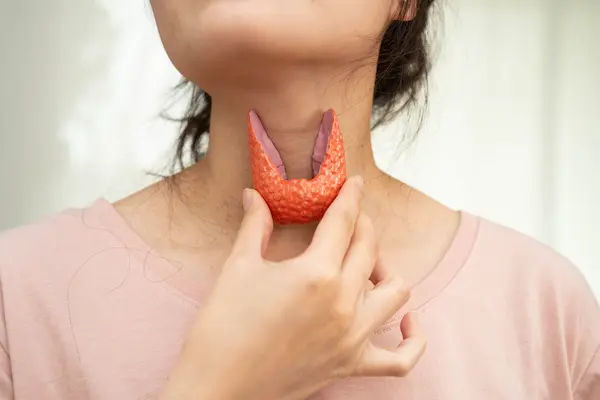- Male
- 24 Years
- 29/01/2025
I've been prescribed Grilinctus for my Covid symptoms, but I'm also dealing with blood sugar issues. Should I be concerned about taking Grilinctus in my situation? Is it safe for someone managing blood sugar levels?
Answered by 1 Apollo Doctors
Gastrointestinal Issues:
- Postprandial defecation (urge to pass stool after meals)
- Persistent urge to defecate after bowel movement
Possible Causes:
- Irritable Bowel Syndrome (IBS)
- Gastrointestinal motility disorders
- Inflammatory bowel disease (IBD)
- Anal irritationitching (pruritus ani)
- Nervous habitpsychological factors
Recommended Actions:
- Consult gastroenterologist
- Keep stoolfood diary
- Dietary changes:
- High-fiber diet
- Avoid trigger foods
- Consider:
- Probiotics
- Fiber supplements
- Relaxation techniques (stress management)
Investigations:
- Colonoscopy
- Endoscopy
- Gastrointestinal motility tests
- Stool tests (infectioninflammation)
Treatment Options:
- Medications (e.g., antispasmodics, laxatives)
- Biofeedback therapy
- Cognitive behavioral therapy (CBT)
Dr. Shubham Suggests...
Consult a Endocrinologist
Answered 04/07/2025
0
0

More Endocrinology Health Queries
View allHow does Type II diabetes cause weight gain?
Diabetics have raised blood sugar and when there is a lot of excess blood sugar in our blood stream, it signals our body to put that excess sugar in storage. We can store some sugar in our liver and muscles, however, when these are full our body start to store the extra sugar as fat. This of course starts to cause weight gain.
Answered by 1 Apollo Doctors
I'm wondering if taking ciplactin and decdan could help me gain weight. I've been stuck at 56 kg for the last couple of years and it's getting frustrating. Are there specific foods I should be eating to help increase my weight?
get some hormonal tests done, sometimes due to hormonal problems, the weight doesn't increase. have high protein diet. then hit the gym. that way you will gradually increase weight in a controlled manner and your weight will not be because of fat.
Answered by 1 Apollo Doctors
What number is 156 in blood sugar?
A reading of 160 mg/dl or higher is typically considered high blood sugar (hyperglycemia).
Answered by 1 Apollo Doctors
Disclaimer: Answers on Apollo 247 are not intended to replace your doctor advice. Always seek help of a professional doctor in case of an medical emergency or ailment.



